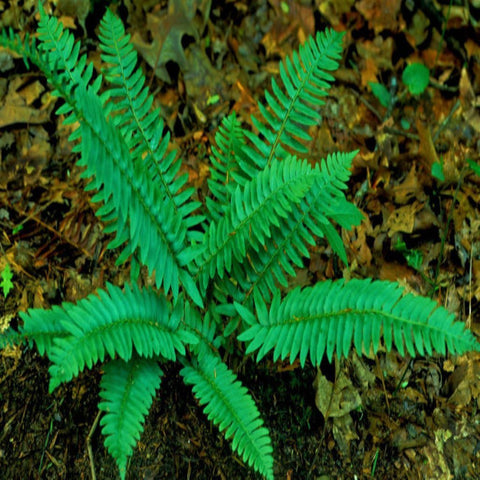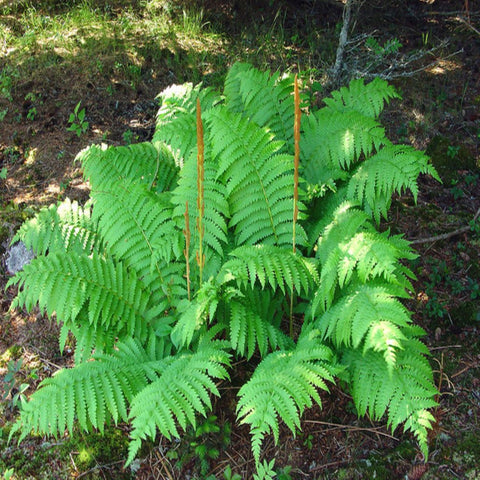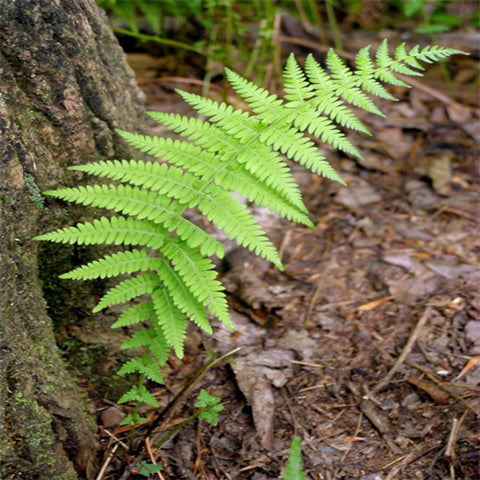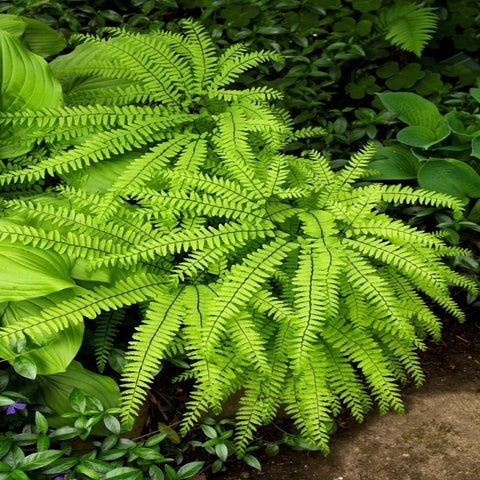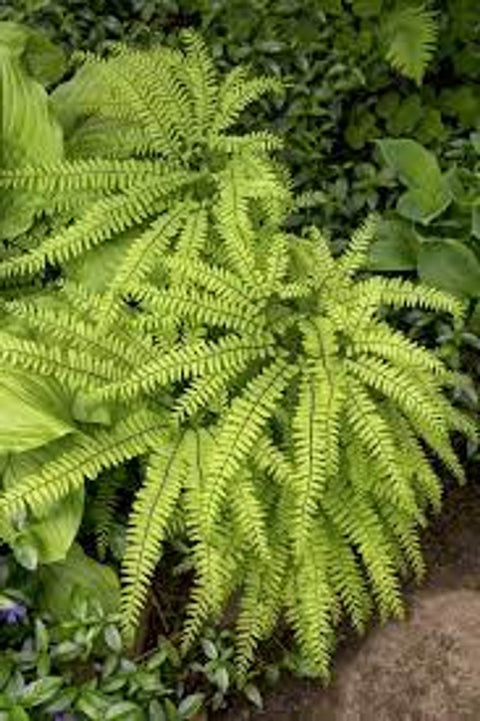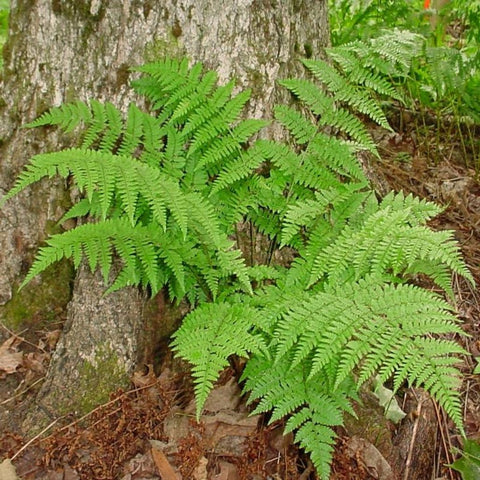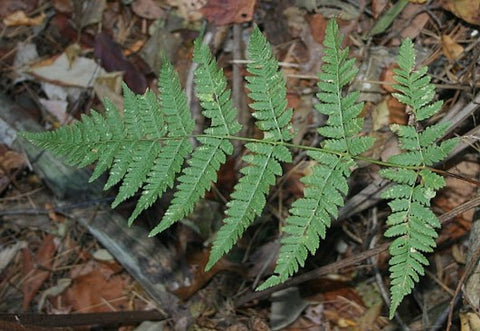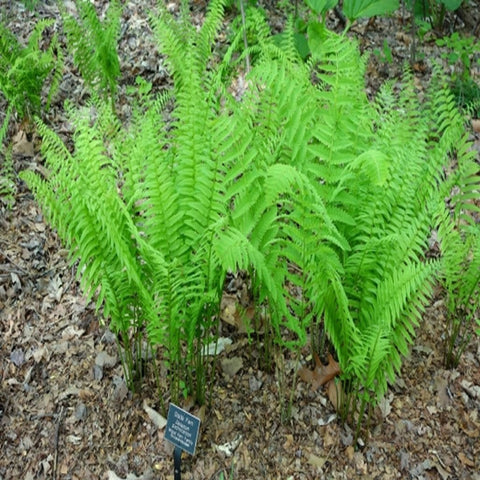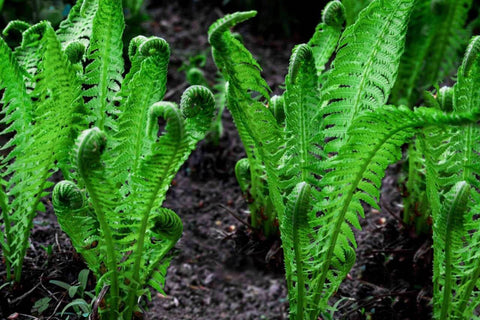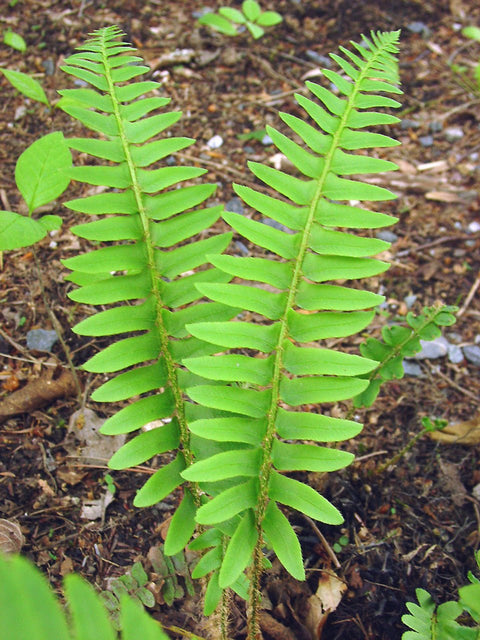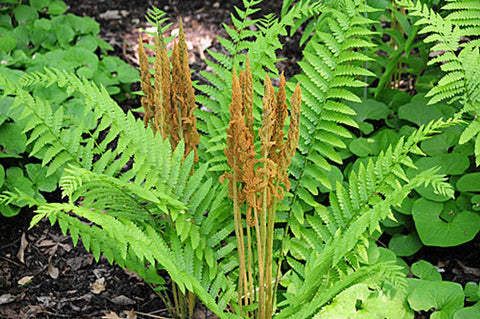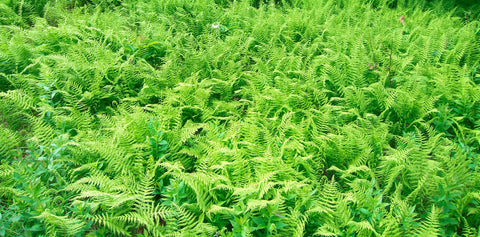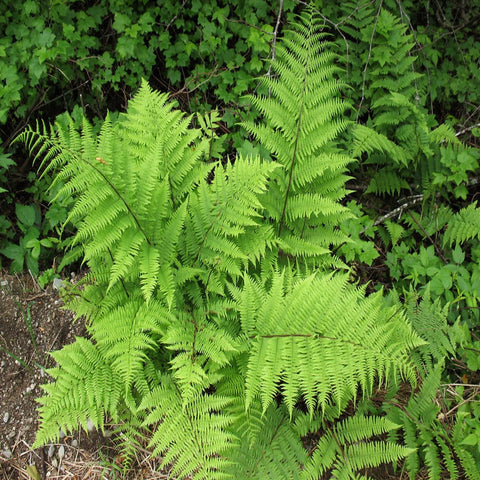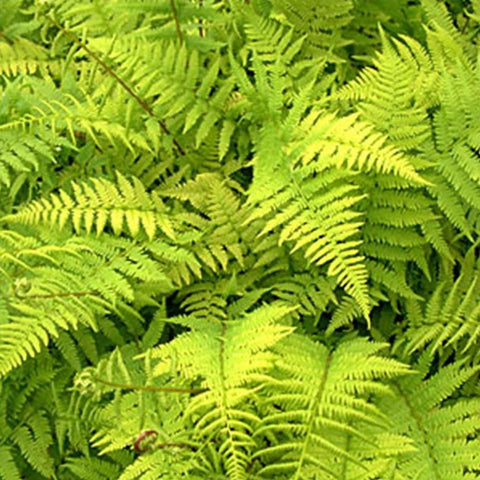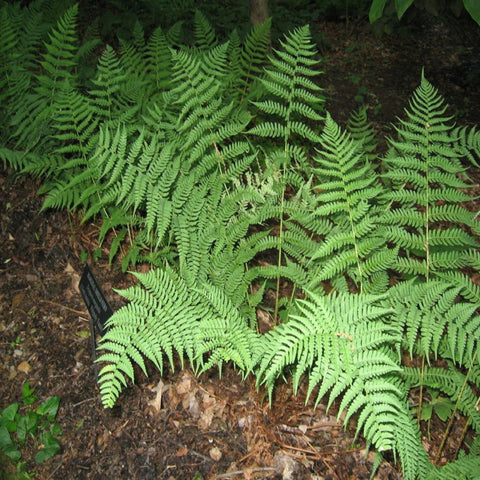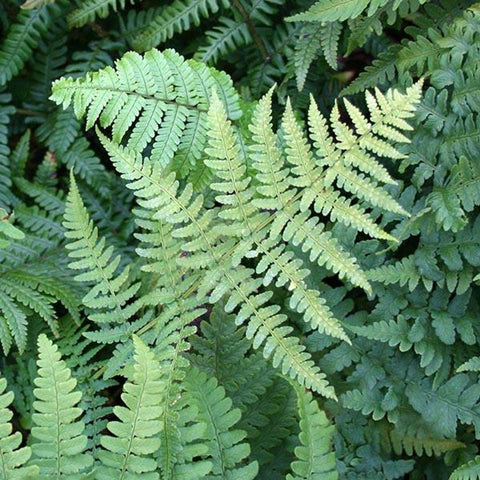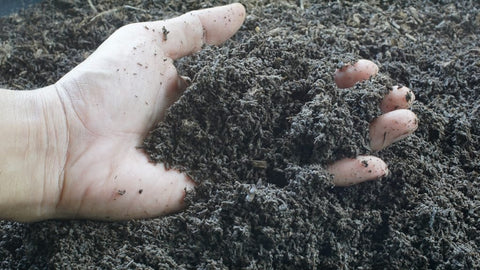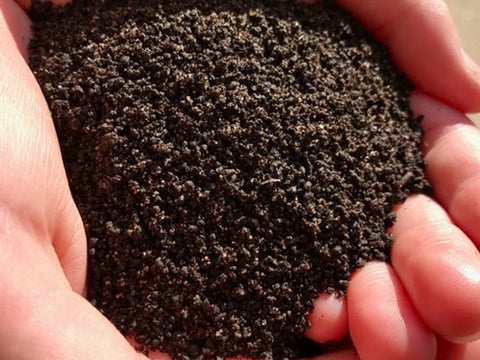9 products
Why buy ferns online?
Why Fern Plants Are an Excellent Choice to Buy For Homeowners and Landscapers
Ferns are an excellent choice if you're looking for a healthy, low-maintenance indoor plant that is also easy to maintain. They are known for their superb air circulation and humidity control thanks to their frond leaves and splaying roots. They also have extensive root systems that help them develop while still absorbing nutrients from the soil. Most ferns you'll find at your local garden center are grown as houseplants, although some can be planted outdoors in a shady area with moist soil.
Why Should Landscapers and Homeowners Purchase Fern Plants?
If you're a landscaper or homeowner, you know how important it is to have a healthy, lush fern garden. If your yard needs an upgrade, consider putting some ferns in the mix.
What are the advantages of planting ferns?
Here are the reasons why ferns make an excellent choice for your garden:
1. Adaptability
Because ferns can grow in shaded and sunny areas, they're great plants to use if you have a variety of light conditions. You don't have to worry about them dying off if placed in an area that receives too little sunlight. And if you live in a forested area, ferns are an excellent way to add color and greenery near your home.
2. Versatility
Ferns are versatile plants that look great in any size container, and they thrive as houseplants and do well in hanging baskets and landscape beds. If you're looking for a way to liven up your outdoor garden, ferns are an excellent choice because they can grow in moist and dry soil. You don't have to worry about them dying off if the soil dries out; however, you should still ensure the area is well-drained.
3. Long-lasting
Ferns are long-lasting plants because they have rhizomes that can grow up to 3 feet long under the soil. The roots of a fern plant help it thrive, and they also help the fern absorb nutrients from the ground. The frond leaves add a touch of greenery to your home and make excellent decorations for various indoor events.
4. Good Air Circulation
If you're looking for indoor air circulation, ferns are excellent plants for your home. They do a great job of removing carbon dioxide and other toxins from the air while adding moisture and controlling humidity.
5. Diversity
You can purchase ferns in various sizes, shapes, and colors. Some have sizeable green frond leaves, while others have smaller ones that can be any color. There are also ferns with spiky frond leaves and ones with giant fan-shaped fronds. You can find the ideal fern for your home by selecting one unique to the building you live in or that complements the style of décor you prefer.
Do ferns benefits humans?
Here are the reasons why ferns make a good choice for you, too.
Good for the Environment
Ferns are good plants to use in your garden because they're an excellent choice for those living in areas with dry indoor air. They help absorb carbon dioxide from the air and provide fresh oxygen to benefit those with respiratory problems. Besides being low-maintenance and good at controlling humidity, ferns also don't require much care or attention to thrive and maintain their health. You can cut off any dead fronds without worrying about them dying off and taking up space in your yard because they will regrow over time.
Good for Your Health
Because ferns are low-maintenance plants, they're a good choice for people with mildew allergies. They also provide fresh oxygen that can benefit those with respiratory problems. Foliage plants like ferns also help to improve your immune system because they have anti-inflammatory properties and are rich in antioxidants. In addition, this plant is a good source of the B vitamin complex known as B-12, which helps increase energy levels and keep your body healthy.
Do ferns need fertilizer?
Ferns do not need any fertilizer, but you can use a slow-release fertilizer at the beginning of their growing season or mix some organic tomato fertilizer with their soil at least once a month to help them thrive. You can use any organic fertilizer, or you can use one that's made explicitly for ferns.
How much water do ferns need?
Water your new fern in its moss pot or container every week during the growing season, and then water it less frequently as it grows roots and starts to thrive. If you're planning on putting your new fern outdoors, make sure it's planted in a spot with enough moisture in the soil.
Ferns are easy-to-grow plants that can enhance your home and office décor, especially if you're looking for low-maintenance green plants that are good for the environment. Ferns aren't highly susceptible to pests or diseases, making them an excellent choice for people who want to enjoy a wide range of health benefits from indoor greenery.
Where to buy ferns online?
Nance Plants offers
2. Lady ferns
Ferns are a type of plant that grows in moist, shady areas.
The word "fern" is derived from the Old English word "ferne," which means "to produce." Ferns reproduce by spores, meaning they do not use flowers to reproduce. Ferns are part of the group of plants known as vascular plants. Vascular plants have specialized tissues called xylem and phloem, which transport water and nutrients throughout the plant.
Ferns have been around for over 300 million years! They were even around before dinosaurs existed!

